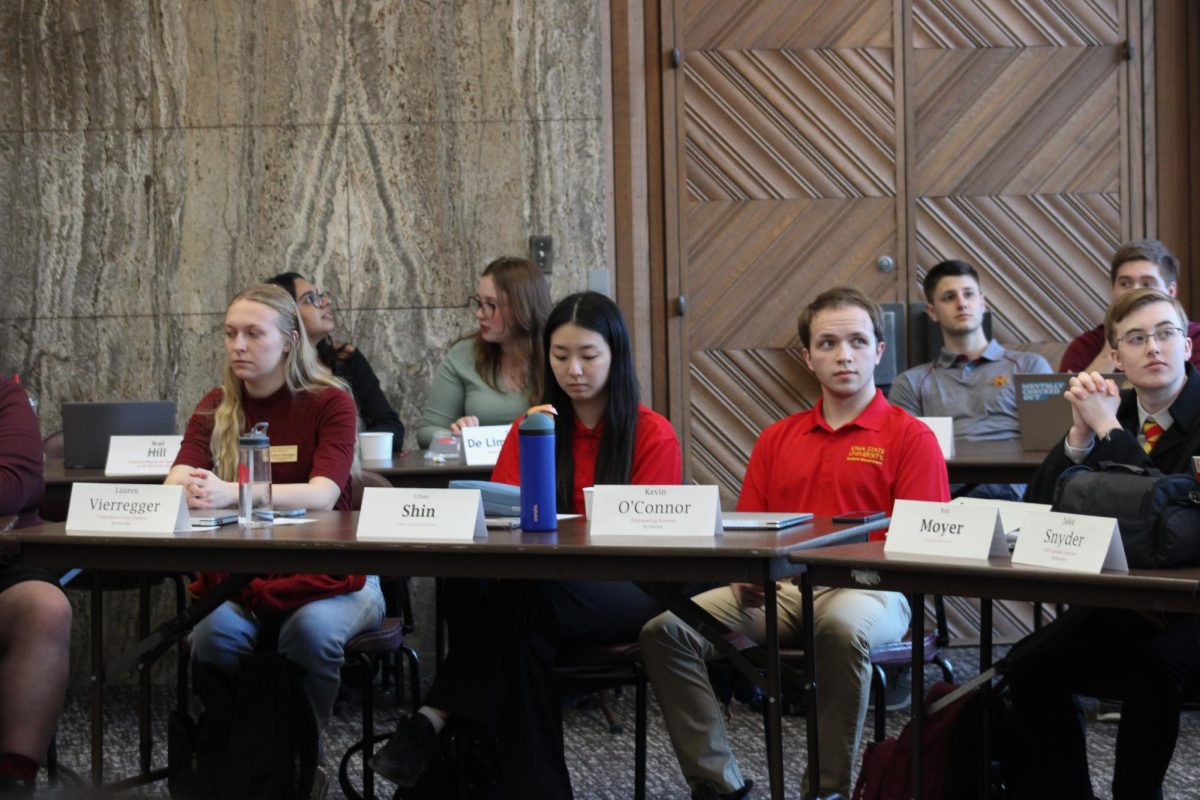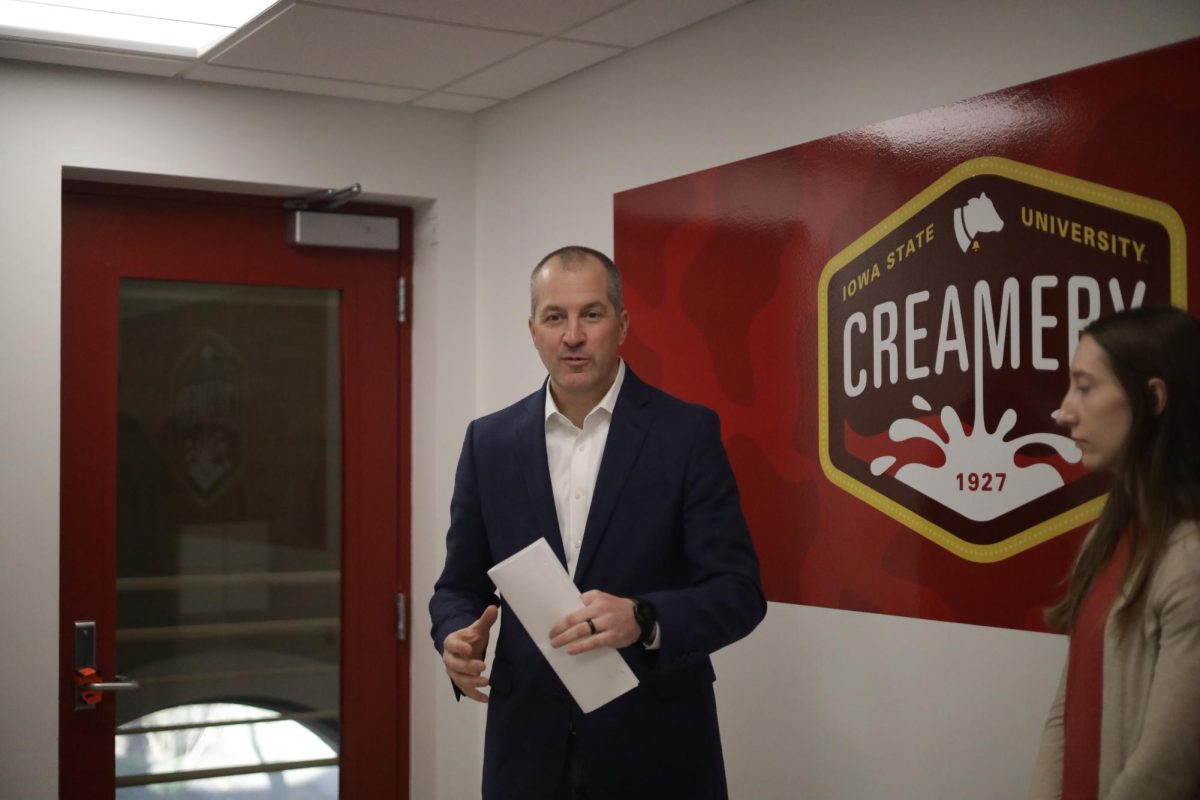Gross: Base American superiority on pride, not arrogance
Americans need to be more driven and competitive in today’s global economy in order to succeed.
March 4, 2013
No matter what people think of current representatives of our nation, U.S. patriotism is and has always been high. Occasional disgust in policy or politicians cannot expunge the undercurrent of pride that we Americans have traditionally held in our great and powerful nation.
From the early days of pioneering and Manifest Destiny, we have considered ourselves an unstoppable force, driven by ideals of freedom and equality (although those were not necessarily carried out). Values held in that era such as hard work, individualism and competition helped create the strong, innovative nation that is the United States.
Though this assumption of America’s supposed invulnerability might have been fitting in the country’s earlier days, it is now weighing us down heavily. Blind pride will not serve when we sit in a world where other nations not only match but surpass the United States in many arenas. Though at one point we may have sat comfortably ahead of industrial competition, this is not the case anymore.
An article on Foreign Policy.com examines the faulty idea that we, as Americans, have a special innovative and industrial power that others do not. We consider inventors like Alexander Graham Bell (with the telephone), Thomas Edison (incandescent bulb) and Philo Farnsworth (television) to have changed the world, but in truth they and many others borrowed and adapted foreign ideas and inventions. We have to stop thinking that we have an innate superiority; as the article states, “We have no special ‘gene.’”
Evidence of this is popping up everywhere in modern times. The United States is slowly falling behind in numerous ways. The Organization for Economic Co-operation and Development predicts that in the next 50 years, the United States will fall behind both China and India as an economic force. This can perhaps be attributed to the sheer population size of those two countries. However, the United States has already lost more than power-giant bragging rights.
In late 2012, the United States ranked 17th in global rankings of education quality, according to a report by International Business Times. While you could argue that 17th is not a terrible ranking, it is pretty dismal considering how advanced or inexorable we as a nation consider ourselves. Most of the countries that we fell behind were, unsurprisingly, European or Asian.
President Barack Obama addressed this issue in his 2013 State of the Union Address, though his argument seems more focused on middle-class growth rather than international competition. Whether or not you agree with the president’s method of addressing these problems, it cannot be denied that a flagging education will result in a weakened nation.
Though it would be nice to have the tidy label of “smartest,” the reason that intellectual competition is so important is because of the growth of a global, outsourcing economy. We can no longer consider ourselves contained by our borders; the job market now stretches across oceans and political lines. Competition for a position you want is no longer restricted to your city or state. Many people find themselves vying for jobs against cheaper foreign resources.
This trend is only going to continue with the constant growth of international communication and technological innovation. Many people struggle with this global job market already; think how much more difficult it might be for the generations to come. If we make appropriate changes to education, from preschool to post-secondary education, and to national attitude, we can shift the odds in favor of the next age bracket.
A traditional value of the American ideal is that hard work can get anyone to success: the classic rags to riches story. However, in recent times an oblivious belief in America’s superiority has bloomed. Why has this mentality taken root? Put simply: Complacency is easy. A more competitive and driven mindset might be uncomfortable, but it is necessary. As a nation, we need to refocus on the values that gave us our old edge, tweaking them here and there to meet the challenges of our modern era.
This isn’t to say that the United States is not a great country. Like any nation, we have had our faults and made plenty of mistakes. However, we need to be careful that our patriotism is composed of pride, not ignorance. Returning to the top will take a lot of work; as in anything, the first step towards a solution is recognizing that there is a problem.
——————————————————————————————-
Hailey Gross is a sophomore in English from Cedar Rapids, Iowa.







